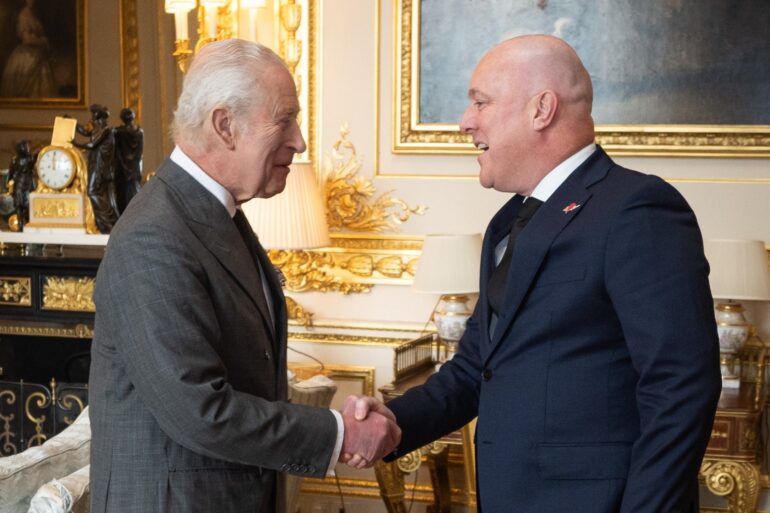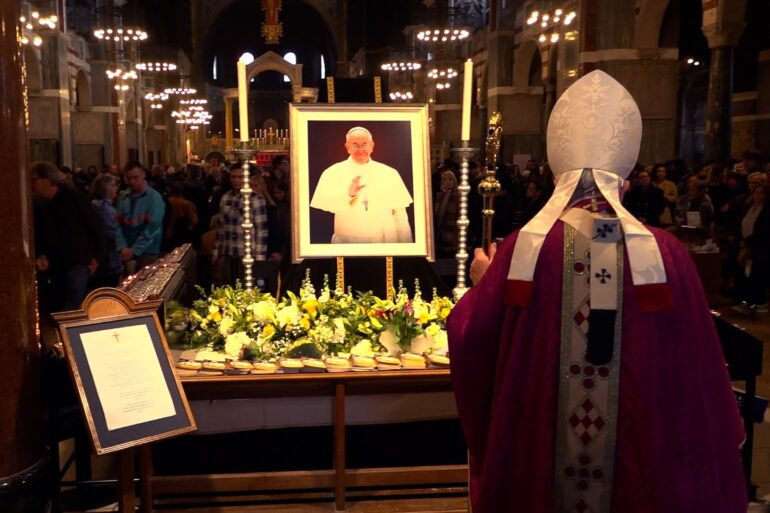-
 play_arrow
play_arrow
Kl 1 Radio Local radio for west Norfolk
-
 play_arrow
play_arrow
KL DISCO KL Disco Playing Disco Music from the 70's onwards.24/7
-
 play_arrow
play_arrow
KL COUNTRY KL COUNTRY Playing New and Classic Country Music 24/7
-
 play_arrow
play_arrow
KL ROX KL ROX The best of New and Classic Rock.24/7
-
 play_arrow
play_arrow
KL SUMMER Summer Vibes 24/7 from KL1 Radio across West Norfolk
-
 play_arrow
play_arrow
KL CLASSICAL Your Symphony Starts Here
-
 play_arrow
play_arrow
KL CHILL Just Chill!
-
 play_arrow
play_arrow
KL POP The Best POP Hits all day Long!
-
 play_arrow
play_arrow
KL XTRA KL XTRA
music_note
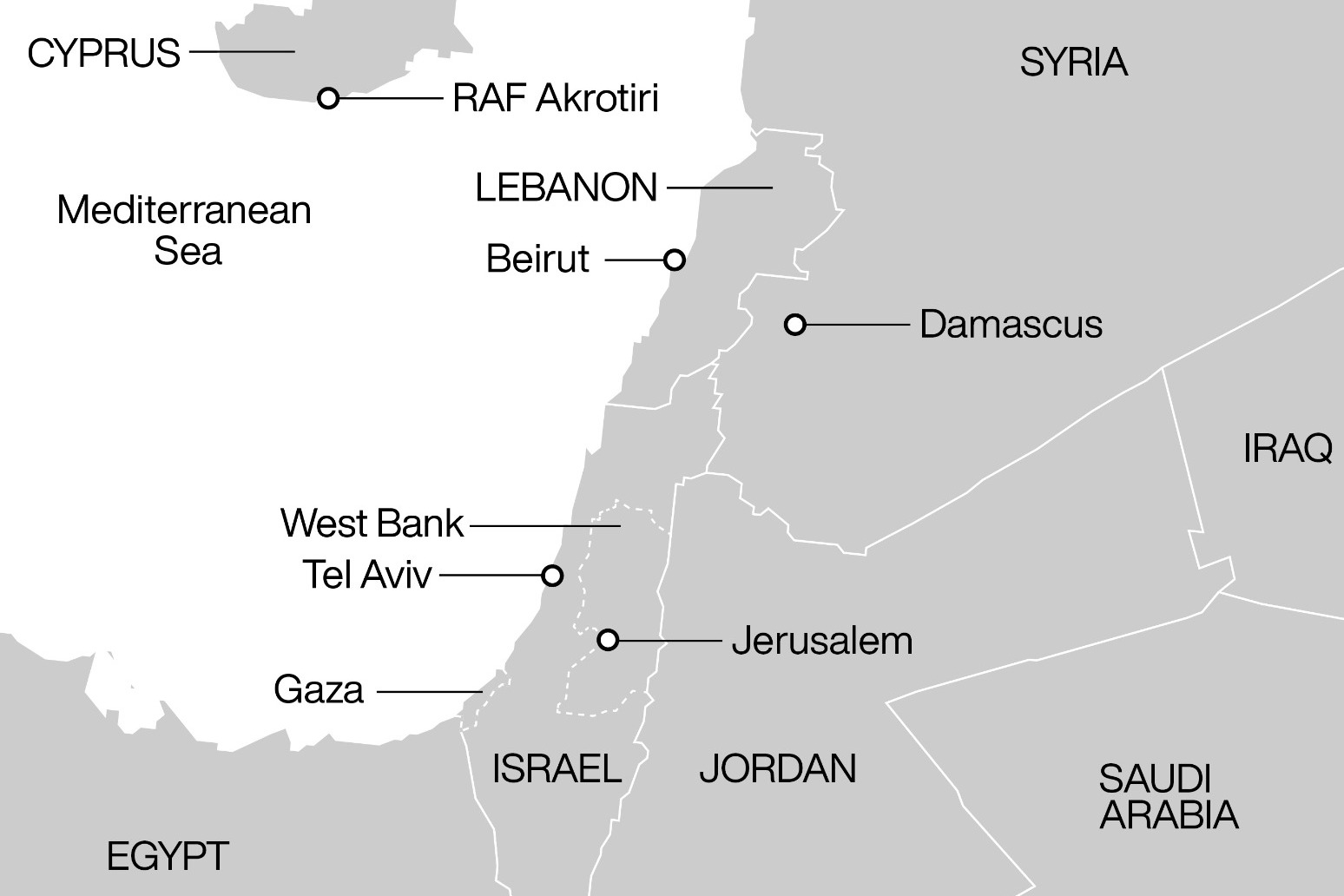
The Israeli military has said they killed Hassan Nasrallah, the leader of the Hezbollah militant political group, in an air strike in Beirut on Friday.
The military said the strike was carried out while the Hezbollah leadership was meeting at their headquarters in Dahiyeh.
Ali Karki, the commander of Hezbollah’s southern front, and additional commanders were also killed in the attack, the Israeli military said.
The Lebanese health ministry said six people were killed and 91 injured in the strikes on Friday, which levelled six apartment buildings.
Mr Nasrallah has lead Hezbollah for more than three decades.
Further strikes were carried out in Bekaa Valley in eastern Lebanon.
Hours before the strikes, Israeli Prime Minister Benjamin Netanyahu addressed the United Nations, vowing that his country’s campaign against Hezbollah would continue — further dimming hopes for an internationally backed cease-fire.
Mr Netanyahu abruptly cut his United States visit short and returned to Israel.
Mr Nasrallah has been in hiding for years, rarely appearing in public. He regularly gives speeches, but always by video from unknown locations.
More than 720 people have been killed in Lebanon since the conflict escalated on Monday, according to Lebanon’s health ministry.
The United Nations says the number displaced by the conflict from southern Lebanon has more than doubled, with more than 211,000 people affected.
Hezbollah began firing rockets into northern Israel in support of Hamas after it stormed into Israel on October 7, sparking the Israel-Hamas war.
Top Israeli officials have threatened to repeat the destruction of Gaza in Lebanon if the Hezbollah fire continues, raising fears that Israel’s actions in Gaza since October 7 would be repeated in Lebanon.
On Saturday, the Israeli military said it was mobilising additional reserve soldiers as tensions escalated.
Three further battalions of reserve soldiers were activated, following the sending of two brigades to northern Israel earlier in the week to train for a possible ground invasion.
Published: by Radio NewsHub

Similar posts
Upcoming shows

Ian Campfield – KL1 Afternoons
1:00 pm - 4:00 pm

Richard Dix – KL1 Drive
4:00 pm - 7:00 pm

80’s ’til 8
7:00 pm - 8:00 pm

Gary Steele – Rock Show
8:00 pm - 11:00 pm

Night Trax
12:00 am - 7:00 am
-
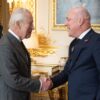
The UK and New Zealand are to pursue stronger defence ties and boost support for Ukraine
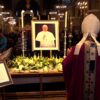
Catholics mourn merciful Pope after death aged 88 following stroke

Court hears of high street masturbation, man threatening train station worker and drug-drivers

Live Music – Man The Lifeboats

Breast of Friends Chairty Ball
Message Us
Copyright The Mediasite UK - 2025

